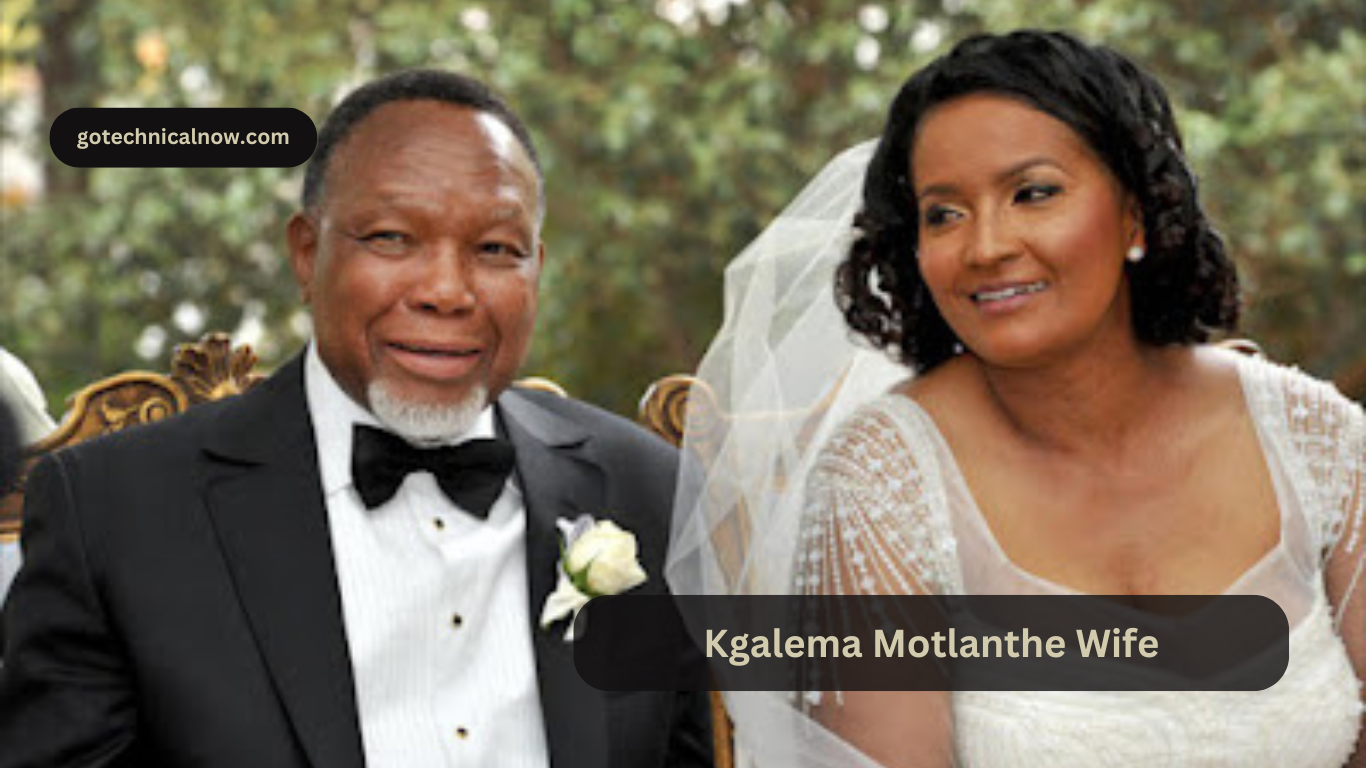Kgalema Motlanthe, born on July 19, 1949, in Boksburg-Benoni Hospital, South Africa, has played a pivotal role in the nation’s political landscape. As a former President and Deputy President of South Africa, his contributions and leadership have left an indelible mark on the country. This article delves into his life, career, and legacy, shedding light on his journey from a student activist to a prominent political figure.
Early Life And Education
Motlanthe grew up in Alexandra, Johannesburg, in the Transvaal region, now known as Gauteng. His parents, Louis Mathakoe Motlanthe and Masefako Sophia Madingoane, were hardworking individuals who instilled strong values in him. Despite facing financial challenges, Motlanthe’s early education was supported by the Anglican Church, which awarded him a bursary to attend St Christopher’s in Swaziland. However, due to travel restrictions, he completed his secondary schooling at Orlando High School in Soweto.
Political Awakening And Activism
Motlanthe’s political consciousness was significantly influenced by the writings of Anglican priest Trevor Huddleston and the global Black Consciousness Movement. During his high school years, he worked part-time while becoming actively involved in the ANC’s military wing, Umkhonto we Sizwe. His commitment to the anti-apartheid struggle saw him engaging in underground activities, including couriering ANC recruits for military training in Swaziland.
Rise To Prominence
Motlanthe’s dedication to the cause of freedom and equality did not go unnoticed. He climbed the ranks within the ANC, eventually becoming its Deputy President from 2007 to 2012. In a surprising turn of events, he was elected President of South Africa by the National Assembly on September 25, 2008, following Thabo Mbeki’s resignation. His tenure as president, although brief, was marked by a calm and stabilizing presence, often described as a “caretaker president” preparing the way for Jacob Zuma.
Presidency (2008–2009)
Motlanthe’s presidency was a period of transition and consolidation. He faced the challenge of navigating South Africa through political turbulence while maintaining stability. One of his notable decisions was addressing the country’s HIV/AIDS crisis more assertively than his predecessor, Thabo Mbeki. He appointed Barbara Hogan as health minister, signaling a shift towards evidence-based medical interventions.
Despite his criticisms of emerging black capitalists and the misuse of Black Economic Empowerment (BEE) policies, Motlanthe’s presidency aimed to foster genuine economic transformation. His tenure saw him advocating for policies that would benefit the broader black population rather than a select elite.
Deputy Presidency And Later Career
After his presidency, Motlanthe served as Deputy President under Jacob Zuma from 2009 until 2014. His role was crucial in supporting Zuma’s administration and providing continuity. In 2012, he contested the ANC presidency but was defeated by Zuma, marking a significant moment in his political journey.
Personal Life And Legacy
Motlanthe’s personal life has seen its share of public interest. He married Mapula Mokate in 1975, and they had three children together. The couple later divorced, and in 2014, he married businesswoman Gugu Mtshali in a well-attended ceremony.
Motlanthe is widely regarded as a left-leaning intellectual and a skilled political operator. His influence in South African politics extends beyond his official roles, as he has remained a respected figure and a voice of reason within the ANC.
Kgalema Motlanthe’s Net Worth
As of 2023, Kgalema Motlanthe’s net worth is estimated to be around $2 million. His wealth has been accumulated through his long-standing career in politics and various other engagements.
Conclusion
Kgalema Motlanthe’s life story is one of dedication, resilience, and service to his country. From his early days as a student activist to his time as President and Deputy President, Motlanthe has consistently worked towards the betterment of South Africa. His legacy is characterized by his commitment to social justice, economic equality, and political stability. As South Africa continues to evolve, the contributions of leaders like Kgalema Motlanthe will remain a vital part of the nation’s history.










